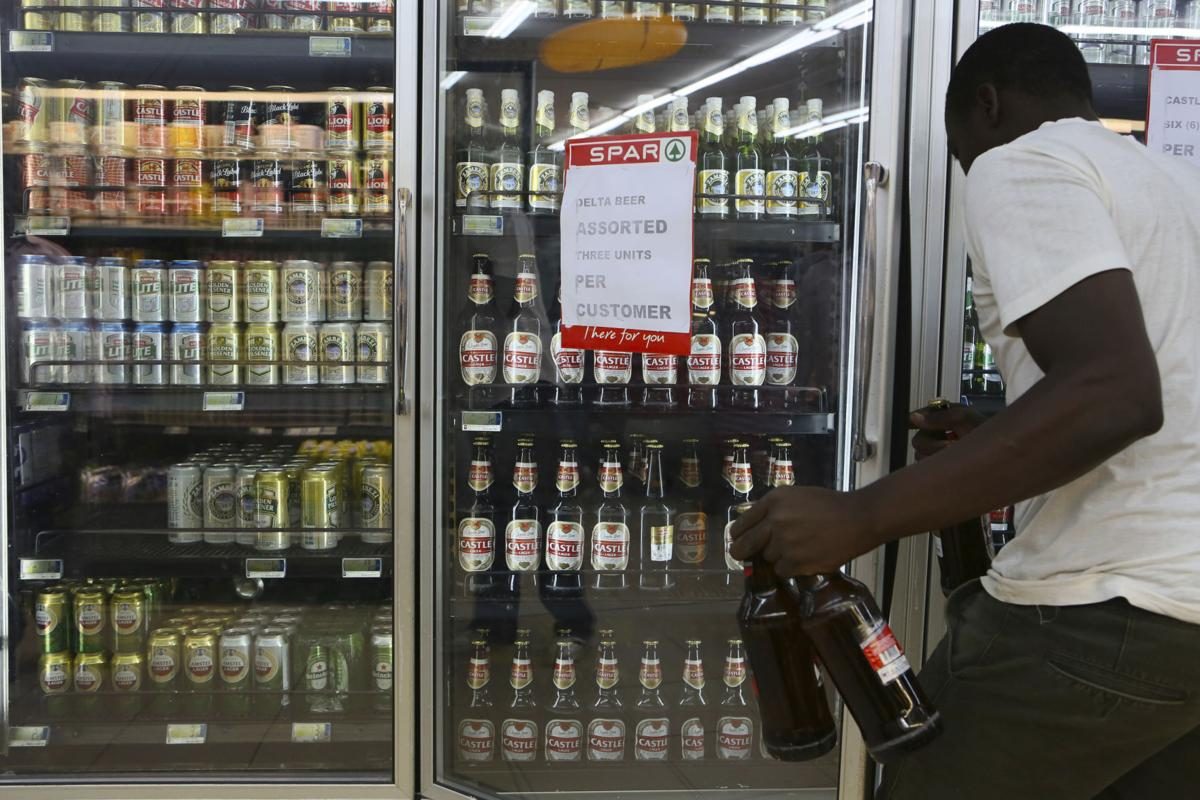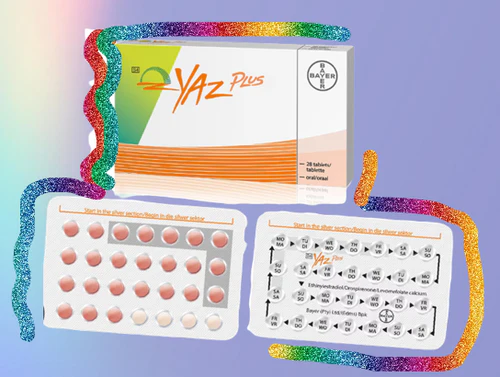HARARE – Zimbabwe’s largest brewing company Delta Corporation said on Wednesday that its beverages subsidiary will accept hard currency only from January 4 to protect itself from a crippling shortage of United States dollars in the country.
Zimbabwe adopted the use of foreign currencies, mainly the U.S. dollar, in 2009 in an effort to tame inflation, but a severe shortage of physical notes has left Zimbabweans watching the dollars in their bank accounts lose value compared with cash.
The move by Delta is the latest evidence of the strain the shortage of foreign currency is having on businesses, with some shutting up shop and the government taking steps to ensure others remain viable.
The decision means Delta, which is 40 percent owned by Anheuser-Busch Inbev, will no longer accept electronic dollars known as “Zollars” or a quasi-currency known as “bond notes” at its Delta Beverages subsidiary.
In a letter to customers of Delta Beverages posted on Twitter, the company said it did not have enough foreign currency, prompting foreign suppliers, some of which have not been paid for long periods, to cut off credit and new orders.
“Our business has been adversely affected by the prevailing shortages in hard currency, resulting in the company failing to meet your orders,” it said, adding that soft drinks had been out of stock for prolonged periods.
“To sustain its operations, the company advises wholesale and retail customers that its products will be charged in hard currency.”
Delta said it had suppressed price increases since 2013, but it has now released changed recommended retail prices for all its products. For soft drinks, a 300ml bottle will sell for 50c; a 330ml can (60c) while 500ml PET will be US$1.
Lager beer prices are 80c for 375ml returnable bottles; 750ml returnable (US$1.50); and 340ml returnable (US$1).
The so-called bond notes had been introduced by Zimbabwe’s central bank to address the currency shortage, but the value of these has collapsed.
The currency crunch has also caused shortages of basic goods, medicines and fuel, pushing inflation to a 10-year high in November.
Delta said it had invested $600 million in plant and equipment, vehicles and ancillary services since 2009 and that it needs to protect this investment.
“There is need for wider consultation on policy interventions to build consensus and market confidence among stakeholders to stabilise the macroeconomic environment,” it said in its letter.
Economist and Zimbabwe National Chamber of Commerce (ZNCC) chief executive officer Takunda Mugaga, said Delta’s move could quicken the pace of dollarisation.
“Delta is a market leader as well as an industry on its own due to the monopolistic nature of its being. The result of this will be expedited redollarisation which will have enterprise-wide impact from the farm to the salary of an employee directly and indirectly employed by Delta,” Mugaga said.
“This stance by Delta means all players, including very small ones in the beverage sector, will follow suit (and) it will also send a message to bankers given Delta’s significant presence locally when it comes to facilities and deposits with banks.”
















